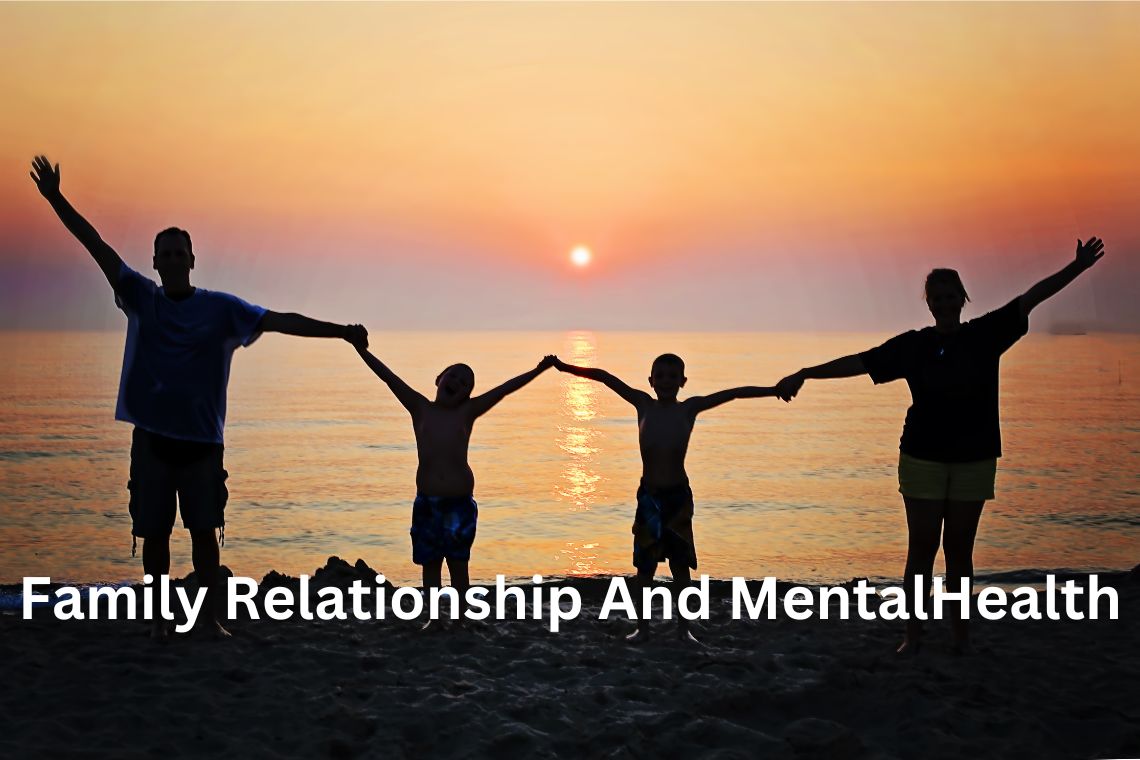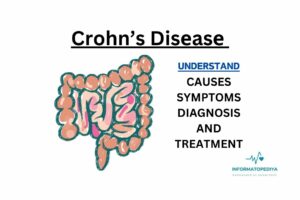
Family, Relationships and mental health
Nurturing Family Relationships for Optimal Mental Health
Introduction:
In today’s fast-paced world, where stress and anxiety have become all too common, maintaining a healthy balance between family, relationships, and mental well-being has become crucial. Our families play an essential role in shaping our lives and overall happiness. Strong family bonds and positive relationships contribute significantly to our mental health, fostering emotional support, stability, and a sense of belonging. In this article, we will explore the importance of family, the impact of relationships on mental health, and ways to nurture these connections for optimal well-being.
The Significance of Family:
Family serves as the cornerstone of our lives. It is within our families that we develop the foundation for social interactions, emotional growth, and personal identity. Research consistently highlights the positive effects of healthy family dynamics on mental health outcomes. Supportive family environments provide a safe space for communication, understanding, and emotional expression. The presence of a caring and loving family helps individuals build resilience, cope with life challenges, and develop a strong sense of self-worth.
Impact of Relationships on Mental Health:
Apart from the influence of family, the relationships we form with others also greatly affect our mental well-being. Whether it’s friendships, romantic partnerships, or connections within our communities, these relationships significantly contribute to our emotional health.
Positive Tips to Manage Relationships offer emotional support, enhance self-esteem, and provide a sense of belonging. They can buffer against stress, anxiety, and depression, promoting overall mental wellness. Conversely, toxic or strained relationships can have detrimental effects on our mental health, causing emotional distress and feelings of isolation.
Nurturing Family and Relationship Connections:
- Effective Communication: Open and honest communication lies at the heart of strong family relationships and healthy connections. Regularly check in with family members, expressing your feelings, thoughts, and concerns. Similarly, in any relationship, active listening and clear communication foster understanding and minimize conflicts.
- Quality Time Together: Dedicate meaningful time to bond with your family and loved ones. Engage in activities that promote togetherness, such as shared meals, outings, or hobbies. These moments strengthen relationships, fostering a sense of unity and support.
- Mutual Respect: Treat each family member or relationship partner with respect and kindness. Recognize and appreciate their individuality, opinions, and boundaries. Mutual respect builds trust and strengthens bonds, creating a nurturing environment for mental well-being.
- Emotional Support: Show empathy and provide emotional support to family members and loved ones during challenging times. Being there for each other creates a sense of security and reassurance. Encourage open discussions about mental health, offering a safe space for sharing struggles and seeking help when needed.
- Boundaries and Self-Care: Establish healthy boundaries to maintain balance and protect your mental health within relationships. It’s essential to recognize that self-care is crucial for overall well-being. Encourage family members and loved ones to prioritize their self-care routines, ensuring they have the necessary space and time to rejuvenate.
- Seek Professional Help: In cases where family or relationship dynamics become strained, seeking professional help can be beneficial. Family therapy or couples counseling can provide guidance and support in navigating challenges, fostering healthier relationships and improving mental well-being.
Conclusion:
Family and relationships are integral components of our lives, deeply intertwined with our mental health and overall well-being. By nurturing strong family bonds and fostering positive relationships, we create a supportive environment that promotes emotional growth, resilience, and happiness. Effective communication, quality time together, mutual respect, and emotional support are all vital elements for maintaining healthy connections. Remember, prioritizing mental health within our families and relationships not only benefits us individually but also strengthens the fabric of our communities as a whole.






